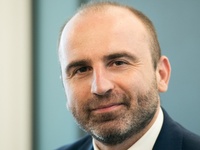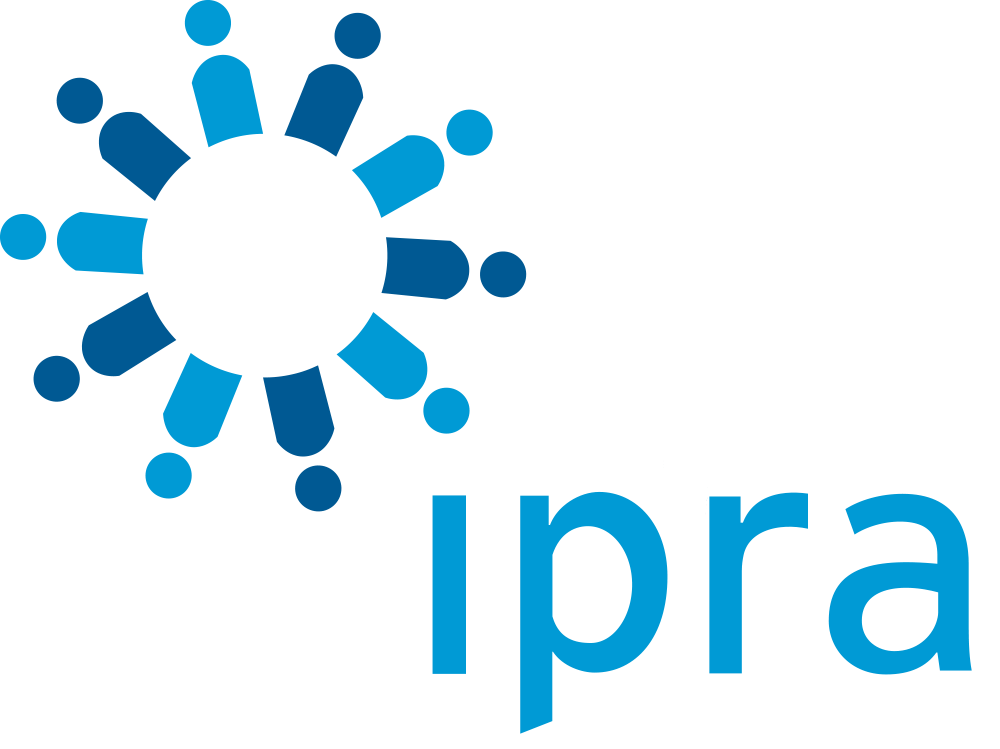ITL #634 The strategic role of communication in enhancing a company’s ESG profile: the Amplifon case
7 months, 3 weeks ago
Communication must play a central role in enabling ESG success, not merely in promoting achievements after the fact. By Salvatore Ricco.
Executive Summary
In a landscape where ESG (Environmental, Social, and Governance) principles are evolving—and at times questioned—Amplifon demonstrates how purpose-led, cross-functional communication can serve as a strategic enabler of better business, rather than merely a marketing tool. This article outlines how integrated communication across the organization drives Sustainability alignment, authenticity, and impact.
ESG in transition: why it still matters
In recent months, ESG principles have faced growing scrutiny. Political pushback in some regions, concerns about regulatory overreach, and inconsistent measurement standards have led some actors to question ESG’s relevance. Some have even moved away from using the term explicitly.
Yet, we firmly believe ESG remains as relevant as ever. Strong Sustainability performance can indicate more efficient governance, and stakeholders increasingly expect companies to act responsibly. ESG is not just a reporting framework—it reflects a company’s evolution toward long-term value creation.
Companies that focus on their most material Sustainability topics tend to see better business results. For example, an industrial firm that reduces energy usage or material waste not only lowers its environmental footprint but may also realize cost savings. Similarly, organizations with a significant workforce benefit from greater engagement and diverse perspectives when making decisions.
Employees, customers, communities, suppliers, long-term investors, and institutions now expect companies to act ethically and with purpose. As highlighted by the 2025 Edelman Trust Barometer, companies are expected to contribute meaningfully to solving societal challenges.
Embedding communication in ESG strategy
For ESG to truly deliver on its promise, it must be more than a compliance exercise or branding effort. It must be embedded in corporate strategy, supported by cross-functional collaboration, and led by experts across departments. Communication must be clear, authentic, and aligned with business performance.
At Amplifon, we’ve learned that communication must play a central role in enabling ESG success—not merely in promoting achievements after the fact.
Traditionally, corporate communication focused on reporting Sustainability outcomes once achieved. That approach is no longer sufficient. Today, stakeholders expect transparent, concrete, and coherent communication. They want to see alignment between what a company says, does, and why it matters.
At Amplifon, we’ve adopted a proactive, strategic communication model. Our role is to help shape the ESG agenda in collaboration with key functions—from the Sustainability team to Human Resources, Marketing, Procurement, and Supply Chain. ESG is a senior leadership topic. Together, we craft a narrative grounded in our corporate purpose: empowering people to rediscover all the emotions of sound.
This purpose anchors everything from our sustainability reporting and internal engagement to public awareness campaigns and digital innovation.
Creating a shared vision
A key lesson we've learned is that effective ESG communication is inherently collaborative. Our Communications team works closely with the Sustainability function to define goals and transparently communicate progress.
Our collaboration extends further. HR plays a critical role in promoting inclusion, purpose, and engagement—pillars of our social agenda. Together, we’ve launched employee-driven initiatives such as volunteering through the Amplifon Foundation and internal ambassador programs, enabling colleagues to act as authentic advocates of our values.
Alignment with senior leadership ensures that Sustainability and purpose are central to our business—not peripheral. This top-down sponsorship builds credibility and ensures consistent messaging, both internally and externally.
Letting purpose guide the narrative
A clear sense of purpose has been essential to Amplifon’s ESG journey. By positioning hearing, health, and accessibility at the core of our mission and sustainability goals, we avoid superficial messaging. We don’t speak about Sustainability in abstract terms—we focus on real people and real impact.
This consistency has contributed to our international recognition. In 2023, Amplifon was named among the 100 Most Loved Workplaces globally by Newsweek; in 2024 and 2025, we were recognized as one of Europe’s Climate Leaders by the Financial Times and Statista; Caliber, a Danish consulting firm, ranked Amplifon 5th in corporate reputation among the 40 largest listed companies in Italy.
These achievements reflect the work of thousands of colleagues across our global network, living our purpose daily.
We also recognize the reputational risks of Sustainability communication. Greenwashing, pinkwashing, and overpromising can quickly erode stakeholder trust. To mitigate these risks, we collaborate with internal partners to ensure our messages are data-driven, externally verified where possible, and aligned with our actual business performance.
“Listen responsibly”: communication that acts
One of the clearest examples of communication driving ESG impact is our Listen Responsibly project. Co-created by the Communication and Sustainability teams, this initiative raises awareness among young people about the risks of hearing loss from unsafe listening practices.
According to the World Health Organization, 1 billion people under age 35 are at risk of premature hearing loss due to harmful habits.
The project includes:
- Educational outreach in schools, universities, and theatres (including a partnership with Teatro alla Scala)
- Social media campaigns across LinkedIn, Instagram, and TikTok
- A mobile app—available in seven countries—that monitors real-time environmental noise in cities
Listen Responsibly is not just a campaign; it's a social contribution. It shows how communication can go beyond raising awareness to actually driving behavioral change. By 2028, we aim to reach over 20 million people under 35—strengthening both our ESG performance and our leadership in global hearing health. It is one of the 20 targets of Amplifon’s “Listening Ahead” Sustainability plan (https://corporate.amplifon.com/en/sustainability/sustainability-plan).
Conclusion: communication as a strategic lever
Amplifon’s experience demonstrates that communication can be more than a promotional tool. It can be a strategic lever to activate, sustain, and scale Sustainability impact.
When communication is purpose-driven, cross-functional, and aligned with the company’s mission, it becomes a catalyst for transformation. In a world where expectations are rising and trust is hard-earned, companies must go beyond “telling their story.” They must show how communication itself contributes to ESG progress—and remain ready to listen, engage, and evolve.

The Author
Salvatore Ricco
Salvatore Ricco has been the Chief Communication Officer at Amplifon, the world’s leading hearing care retailer, operating in 26 countries and listed on the large-cap index of the Italian Stock Exchange, since 2022. A communication executive and journalist with a master’s degree in Diplomacy, Salvatore has over 25 years of experience working with multinational companies in Italy, including Pirelli, CIR Group, and Snam. During his tenure at Snam, he also served as CEO of Arbolia, a benefit corporation dedicated to planting trees across Italy.
mail the authorvisit the author's website
Forward, Post, Comment | #IpraITL
We are keen for our IPRA Thought Leadership essays to stimulate debate. With that objective in mind, we encourage readers to participate in and facilitate discussion. Please forward essay links to your industry contacts, post them to blogs, websites and social networking sites and above all give us your feedback via forums such as IPRA’s LinkedIn group. A new ITL essay is published on the IPRA website every week. Prospective ITL essay contributors should send a short synopsis to IPRA head of editorial content Rob Gray emailShare on Twitter Share on Facebook

